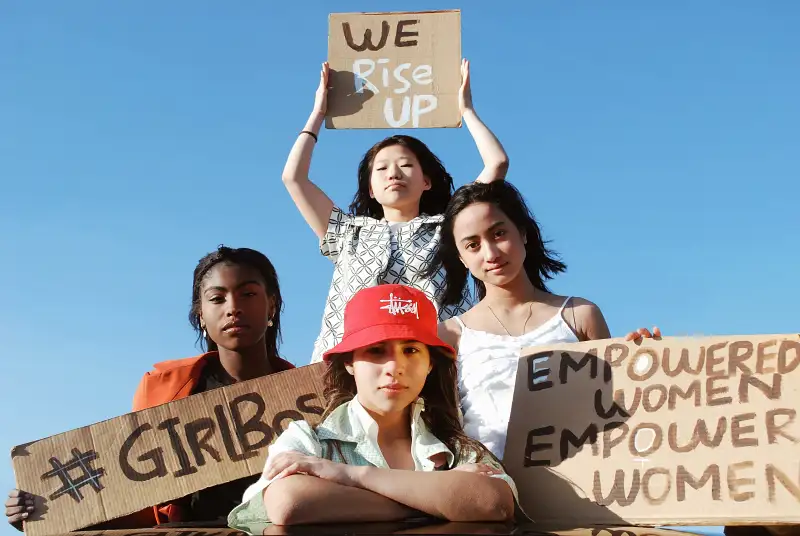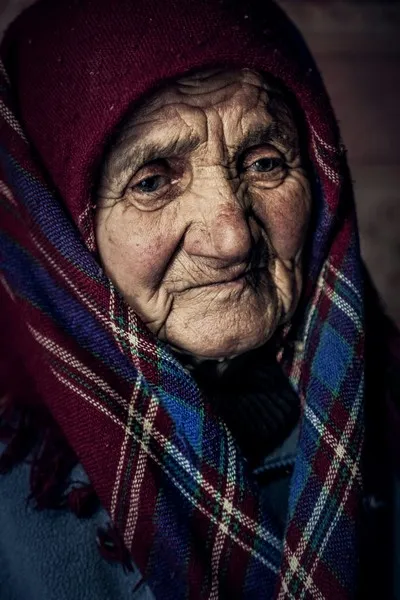Table of Contents
- Introduction
- The Socio-Cultural Landscape of South Korea
- Origins of the 4B Movement
- The 4B Movement as a Form of Resistance
- Societal Reactions and Challenges
- Broader Implications of the 4B Movement
- Is the 4B Movement Sexist?
- Similarities Between the 4B Movement and MGTOW Movement
- Conclusion
- Poll
- Think!
- Essay Suggestions
- Research Suggestions
- Further Reading
Introduction
The 4B Movement, a relatively recent development within South Korean society, has been gathering momentum as a social movement challenging traditional gender expectations and the pressures associated with South Korean family structures. The movement is founded on four core principles, each represented by a “B” (from the Korean words for the concepts): no dating (biyeonae), no sex (bisekseu), no marriage (bihon), and no childbirth (biin). Emerging from and contributing to feminist discourse, the 4B Movement highlights individual autonomy and critiques rigid expectations around gender roles and family life in South Korea.
This article examines the socio-cultural and structural factors underpinning the 4B Movement, its roots in contemporary South Korean society, and the larger sociological implications of this form of resistance. The movement is not only reshaping the social fabric in South Korea but also challenging norms on a global scale, positioning itself within the broader discussions on gender, autonomy, and social resistance.
The Socio-Cultural Landscape of South Korea
Gender and Family in South Korea
South Korean society has long been marked by patriarchal traditions that emphasize marriage, family, and gender-specific roles. The Confucian heritage ingrained within South Korean culture has historically positioned women within specific familial and social roles, prioritizing obedience, domesticity, and motherhood. Although South Korea has experienced rapid modernization, these traditional values remain influential, particularly within family structures.
In the context of South Korea’s economic boom and globalization, gender roles began to evolve. Women increasingly joined the workforce and gained greater educational and economic opportunities. However, societal expectations of women’s roles within the family structure remained largely unchanged. Women are often expected to manage both their careers and household responsibilities, contributing to what sociologists term the “second shift” — the additional labor that women perform at home after completing a full workday.
The 4B Movement emerges as a counter-narrative to these gendered expectations, offering an alternative form of resistance against the pressures associated with traditional family and gender roles.
Pressures of Family Formation
South Korean society places considerable pressure on individuals to form traditional nuclear families. The concept of filial piety — respect and responsibility toward one’s parents — further drives individuals toward marriage and childbearing. Many young South Koreans, however, have become increasingly skeptical of this model. High expectations, particularly around the “perfect family,” lead to intense societal pressures and challenges, including economic burdens and loss of autonomy for both men and women.
As the country faces rising economic insecurity, escalating real estate costs, and the pervasive demands of workplace culture, the traditional family structure is no longer seen as feasible or desirable by a growing segment of young people. The 4B Movement has become an avenue through which individuals express their discontent with these structures.
Origins of the 4B Movement
The Rise of Feminist Discourse
The 4B Movement can be seen as part of a broader wave of feminist activism that began gaining visibility in South Korea in the 2010s. Feminism in South Korea has historically faced significant societal opposition, with feminist activists often stigmatized. Nonetheless, feminist discourse has gained traction, especially with the advent of social media, which has enabled young South Koreans to connect, share experiences, and foster solidarity.
The #MeToo movement also resonated in South Korea, with public figures and ordinary citizens coming forward with stories of sexual harassment and discrimination. This helped fuel a larger cultural shift, wherein women began questioning the systemic inequalities entrenched in South Korean society.
Core Principles of the 4B Movement
The 4B Movement’s guiding principles challenge traditional expectations and offer women alternative ways of navigating life. The four pillars are as follows:
- No Dating (Biyeonae): This principle involves rejecting romantic relationships, often viewed as socially obligatory. By avoiding dating, members of the 4B Movement aim to sidestep societal expectations and pressures related to partnership roles.
- No Sex (Bisekseu): Abstaining from sexual relationships serves as a form of agency, where members assert control over their bodies and reject the expectations imposed by patriarchal standards.
- No Marriage (Bihon): Refusing marriage is a direct challenge to the societal ideal of family formation, often perceived as central to a woman’s identity and purpose in South Korean society.
- No Childbirth (Biin): The rejection of childbirth critiques both the economic and social pressures associated with motherhood and the expectation that women fulfill familial roles through reproduction.
The 4B Movement as a Form of Resistance
Structural Strain and Collective Action
Sociologically, the 4B Movement can be understood through the lens of strain theory. Structural strain arises when societal pressures and structural inequalities create a gap between cultural goals and the means to achieve them. In South Korea, structural strain manifests through societal expectations that pressure women to embody idealized roles in marriage and family life, despite significant barriers such as economic precarity and discriminatory gender norms.
The 4B Movement provides a collective response to this strain by enabling individuals, particularly women, to resist these structural pressures through organized disengagement from expected norms. By forgoing relationships, marriage, and motherhood, members of the 4B Movement employ what sociologists term exit rather than voice strategies. Instead of attempting to change traditional systems through activism or reform (voice), they opt to distance themselves from these systems entirely (exit).
Gender and Power: Agency in Action
One of the movement’s central themes is women’s agency, a sociological concept referring to individuals’ capacity to act independently and make choices within constrained social structures. In South Korea, women’s agency has historically been limited by family-centered obligations and gendered expectations. The 4B Movement disrupts these constraints, allowing women to exercise control over their lives and bodies.
Through collective agency, the 4B Movement provides women a support network that helps legitimize their choices to refrain from traditional roles, despite the stigma attached to such decisions.
Societal Reactions and Challenges
Get the full article AD FREE. Join now for full access to all premium articles.
View Plans & Subscribe Already a member? Log in.





